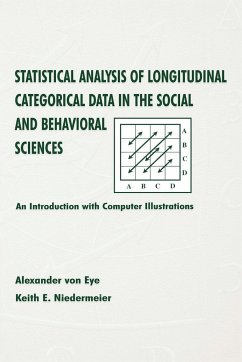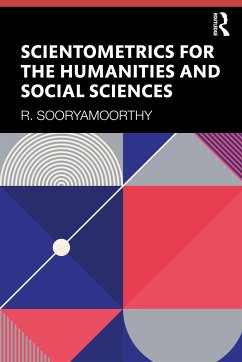
Self-Observation in the Social Sciences
Versandkostenfrei!
Versandfertig in 1-2 Wochen
71,99 €
inkl. MwSt.
Weitere Ausgaben:

PAYBACK Punkte
36 °P sammeln!
Notwithstanding the mythical demise of "introspection," self-observation has always been an integral aspect of the social sciences. In the century following the "behavioral revolution," psychology has seen a reduction not so much in the frequency as in the rigor with which self-observation is practiced. A great deal of self-observation has been renamed or obscured (as, for example, "self-report"), but this has served only to defer and impoverish important theoretical and technical work. This volume, which contributes to the development of a rigorous theory of self-observation, is organized aro...
Notwithstanding the mythical demise of "introspection," self-observation has always been an integral aspect of the social sciences. In the century following the "behavioral revolution," psychology has seen a reduction not so much in the frequency as in the rigor with which self-observation is practiced. A great deal of self-observation has been renamed or obscured (as, for example, "self-report"), but this has served only to defer and impoverish important theoretical and technical work. This volume, which contributes to the development of a rigorous theory of self-observation, is organized around three general objectives: to re-animate a discourse on self-observation through a historical analysis of various self-observation traditions; to outline and begin to address some of the unique theoretical challenges of self-observation; and to elaborate some of the technical and practical details necessary for realizing a program of research dedicated to self-observation. In the first section of the book, three historians of psychology trace the evolution of self-observation. In the second, three scholars who are currently working in contemporary traditions of self-observation discuss the basic theoretical and practical challenges involved in conducting self-observation research. In the final two sections of the book, scholars from the phenomenological and narrative traditions trace the history, theory, and practice of self-observation in their respective traditions. Self-Observation in the Social Sciences continues the fine tradition set by Transaction's History and Theory of Psychology series edited by Jaan Valsiner. It is of interest to psychologists and to those who study methodology within the social sciences.














